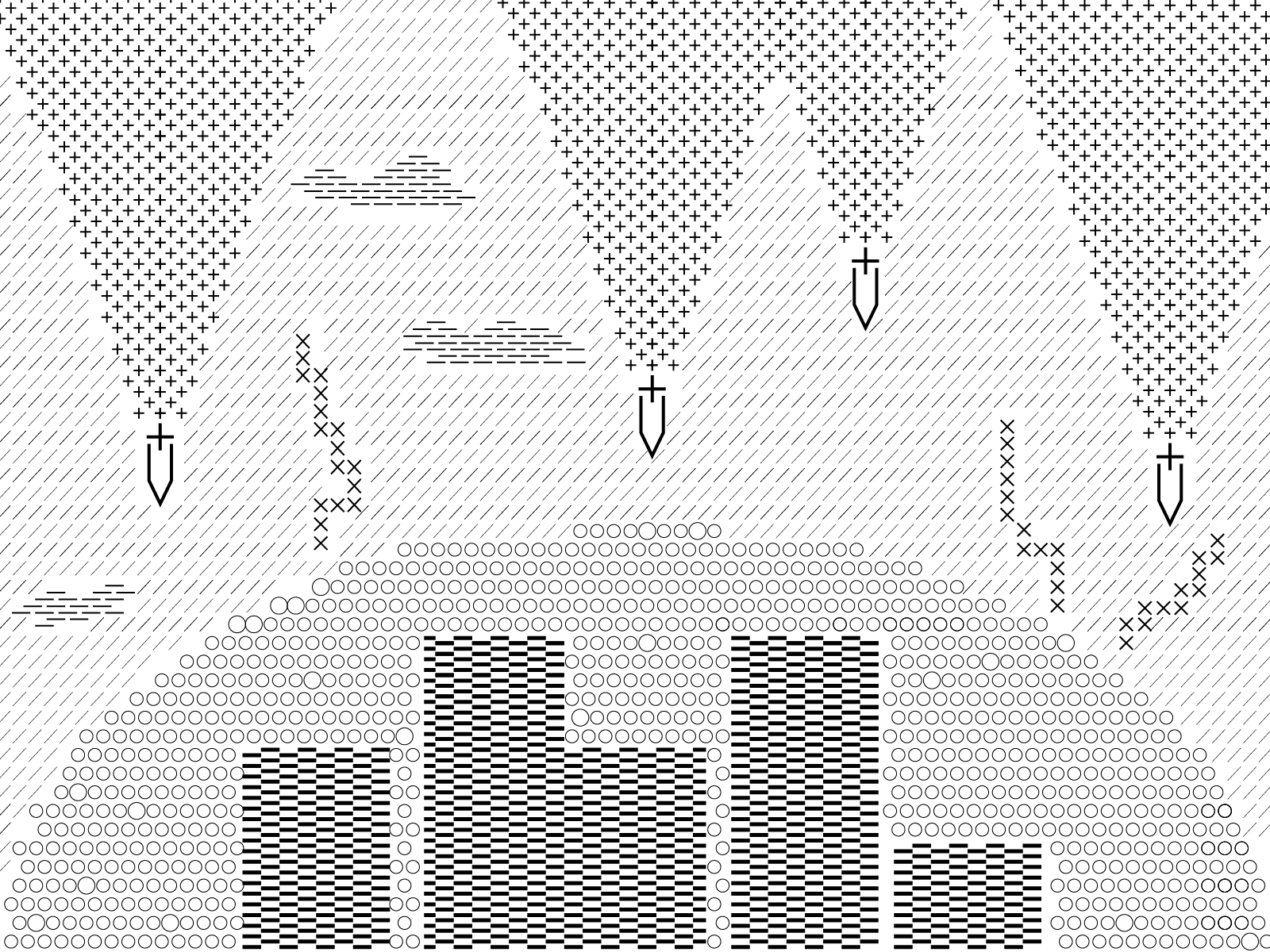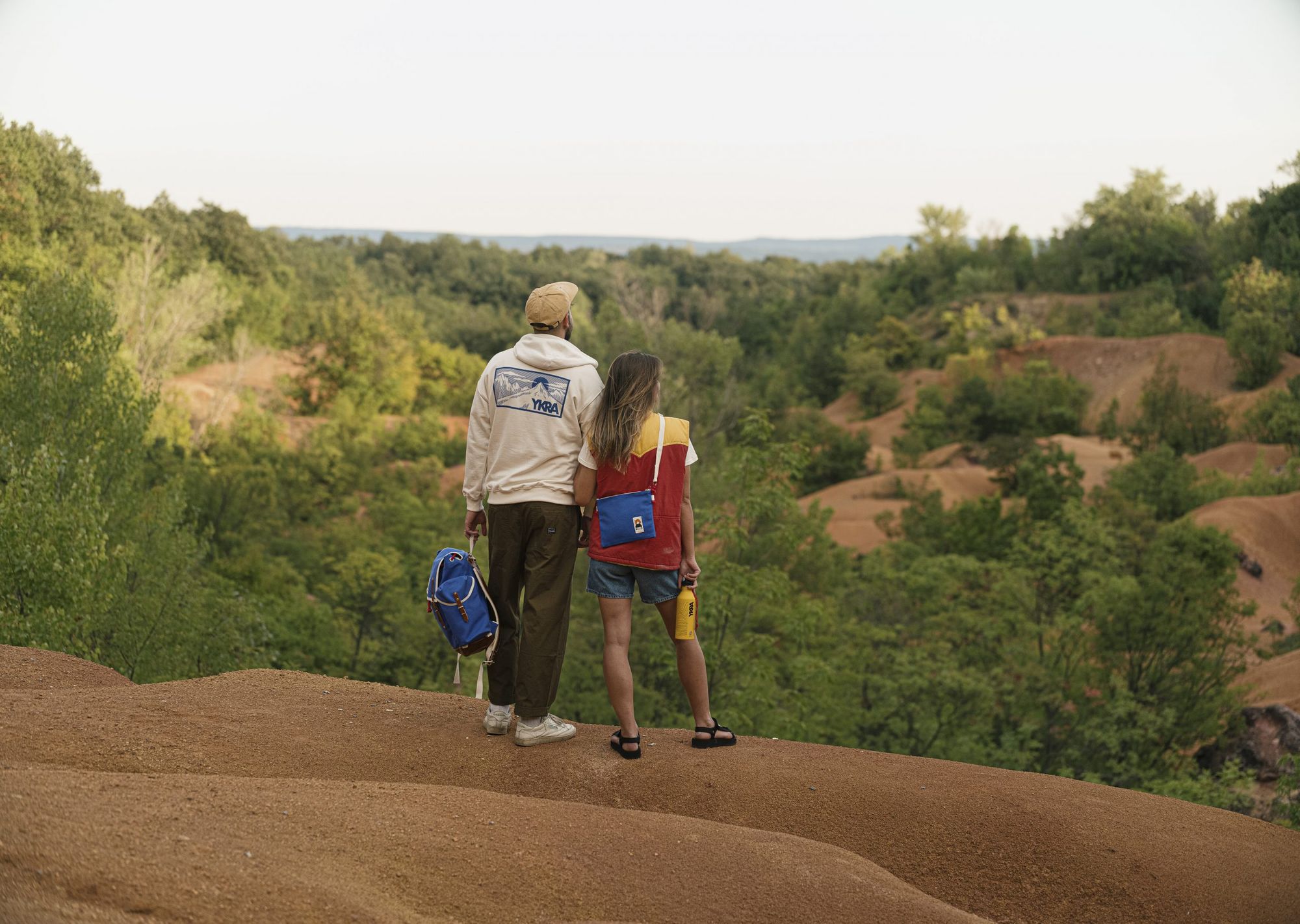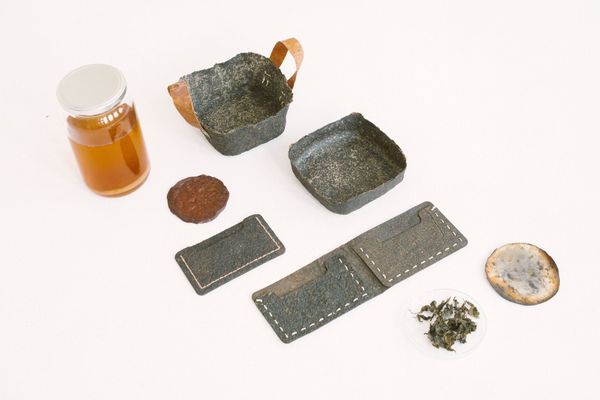YKRA welcomes the autumn season with a new collection—only this time, we can not only choose from backpacks but also complete our wardrobe with new pieces from the Hungarian brand. According to founder Balázs Lakatos, creating a clothing collection has been a long-cherished dream of the brand, which turned ten years old last year. We talked to Balázs about the newly debuted YKRA APPAREL collection.
“I’ve always been interested in clothing, even before the backpacks,” starts the creator of YKRA. The brand has already featured limited edition clothing a few times, and its popularity has convinced the creators that the collection should be realized.
“We have been selling T-shirts in the past, and fortunately, they quickly became popular. We wanted to deal with clothing creation more seriously in the future, and we also wanted to be able to offer our customers a full range of clothing. The YKRA Apparel collection was step zero in this process, and it’s a collection of ideas we’ve been working on; T-shirts, sweatshirts, and limited edition totebags with our new apparel logo.” The logo, which defines the new collection, is an elementary part of the concept of which the art direction was made by Ivett Lénárt based on the graphic design of Levente Csordás. During the designing phase, it was important to create a seasonal, yet sufficiently creative logo, leaving enough space for change, so it can be evoked on the products of further collections.
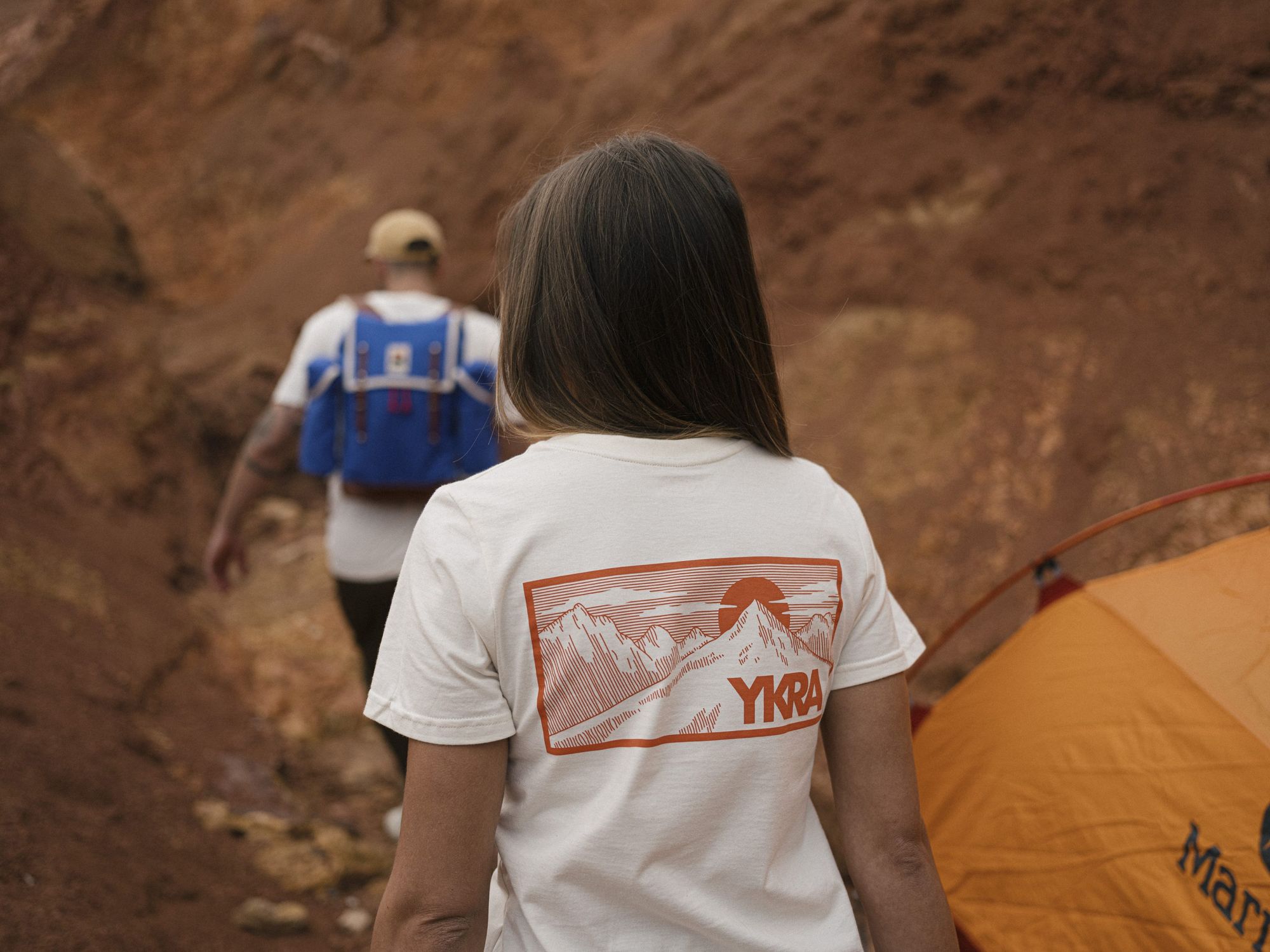
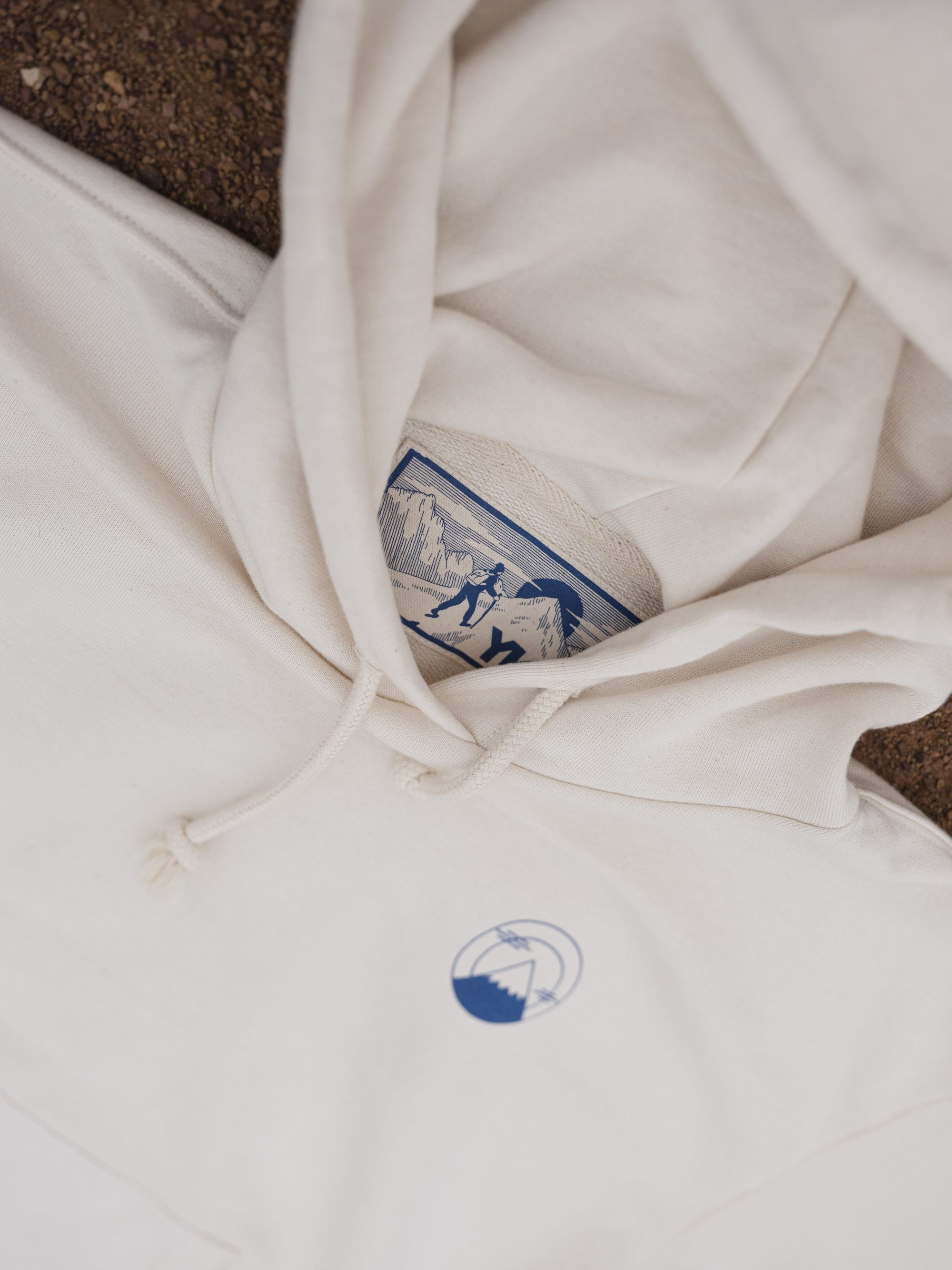
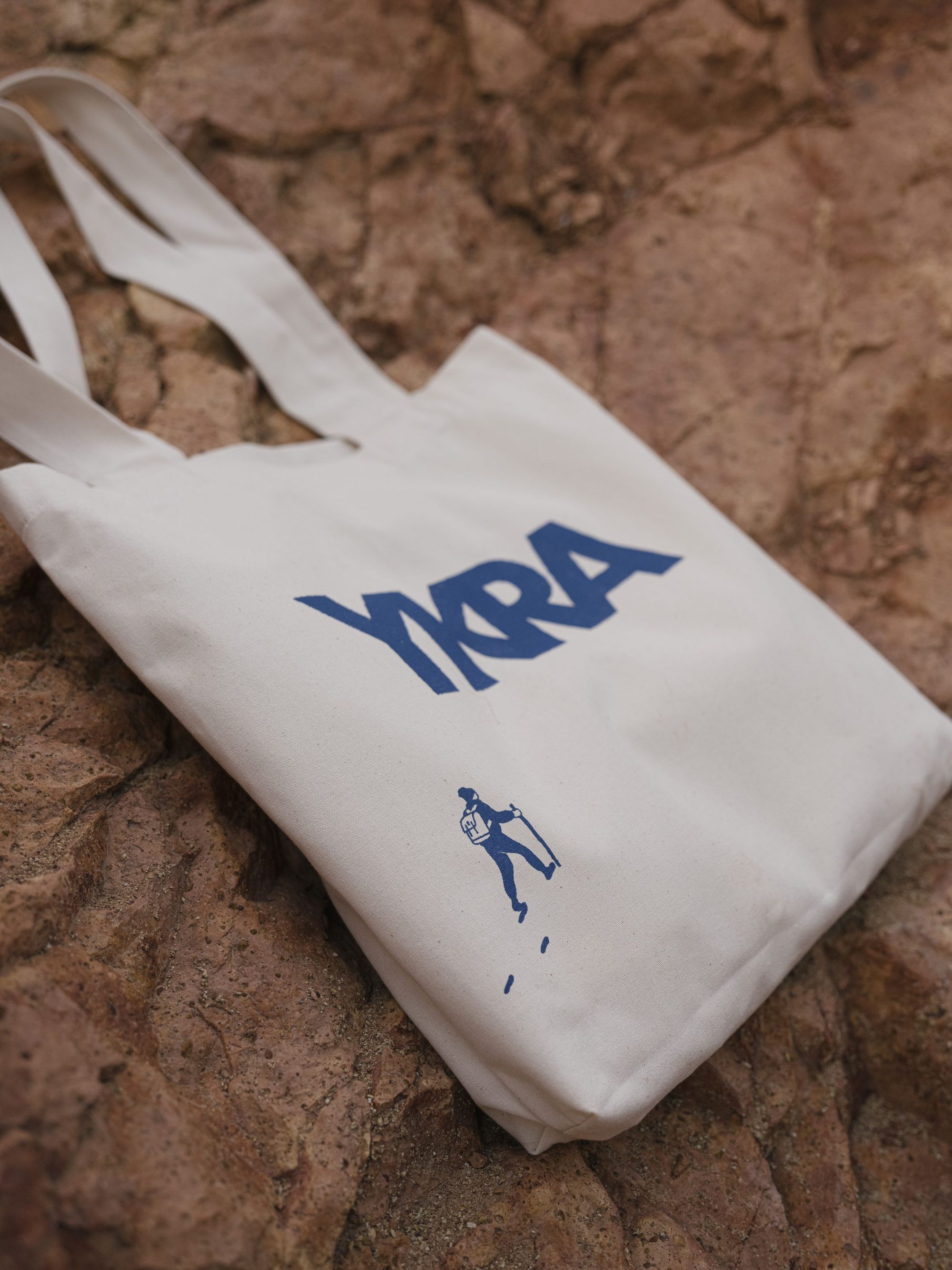
The logo represents a classic trend, which combines the Japanese character of YKRA with the alpine hiking culture of the sixties and seventies. The latter played an important inspirational role in the creation of the collection, as Balázs says he was influenced by his childhood impulses from a young age: “In the eighties, I watched my parents wear their Swiss clothes from the late seventies for up to 10-15 years, and the key to their success was good quality. They were indeed made from fabrics that would last for decades. What kind of clothes do we use for so long nowadays? It’s a bit hard to imagine. That’s what we strive for with YKRA Apparel—durable clothes made from real quality fabrics.”
As well as developing the brand’s strongly established identity, the aim is to attract new audiences, which is forcing the creators to think outside the box. The collection is deliberately limited to basic items, as a narrow range of products ensures that they work with fabrics of unquestionable quality. The aim is not to reflect current trends, but to ensure that the conscious customer can find the right pieces.
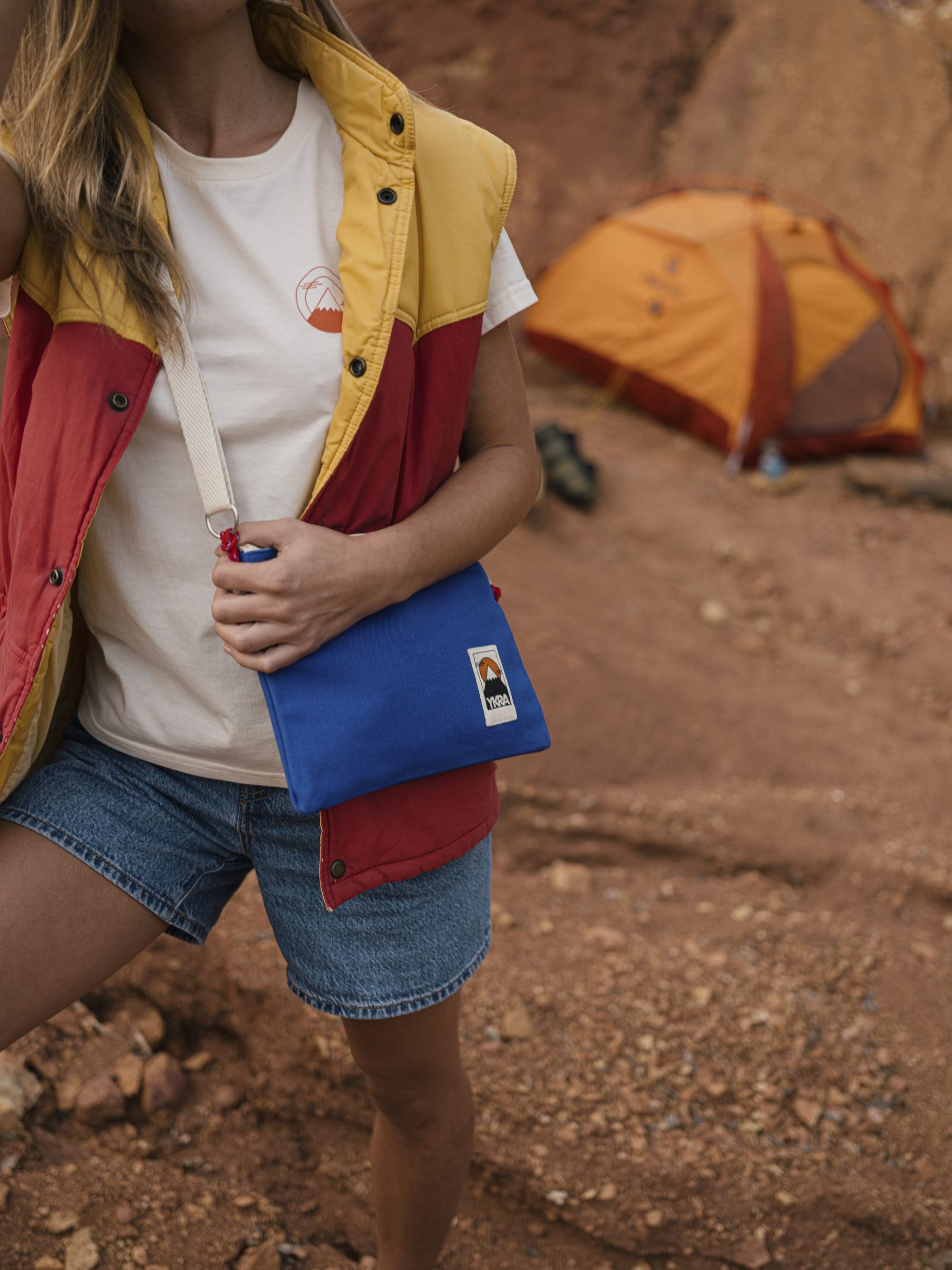
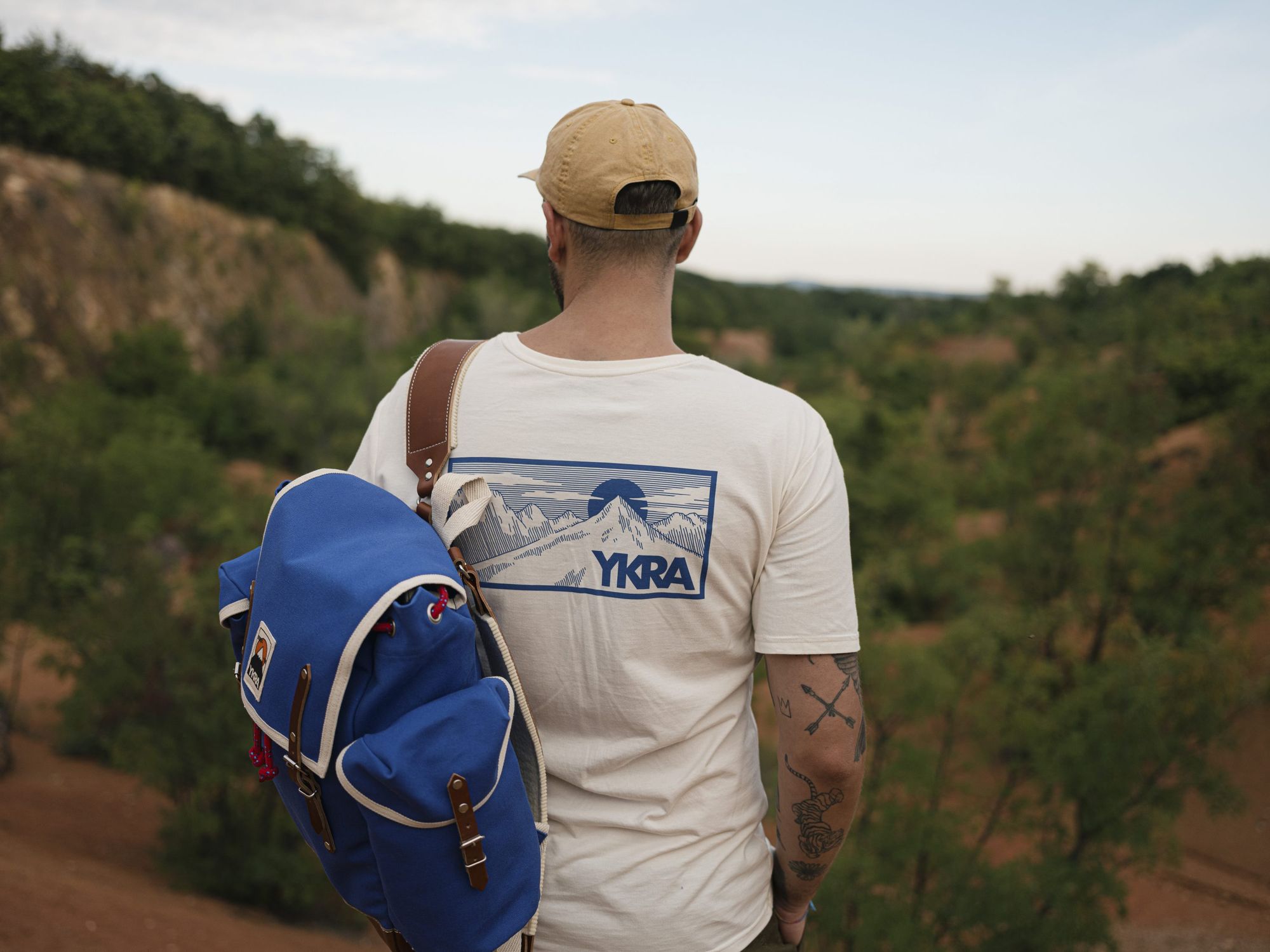
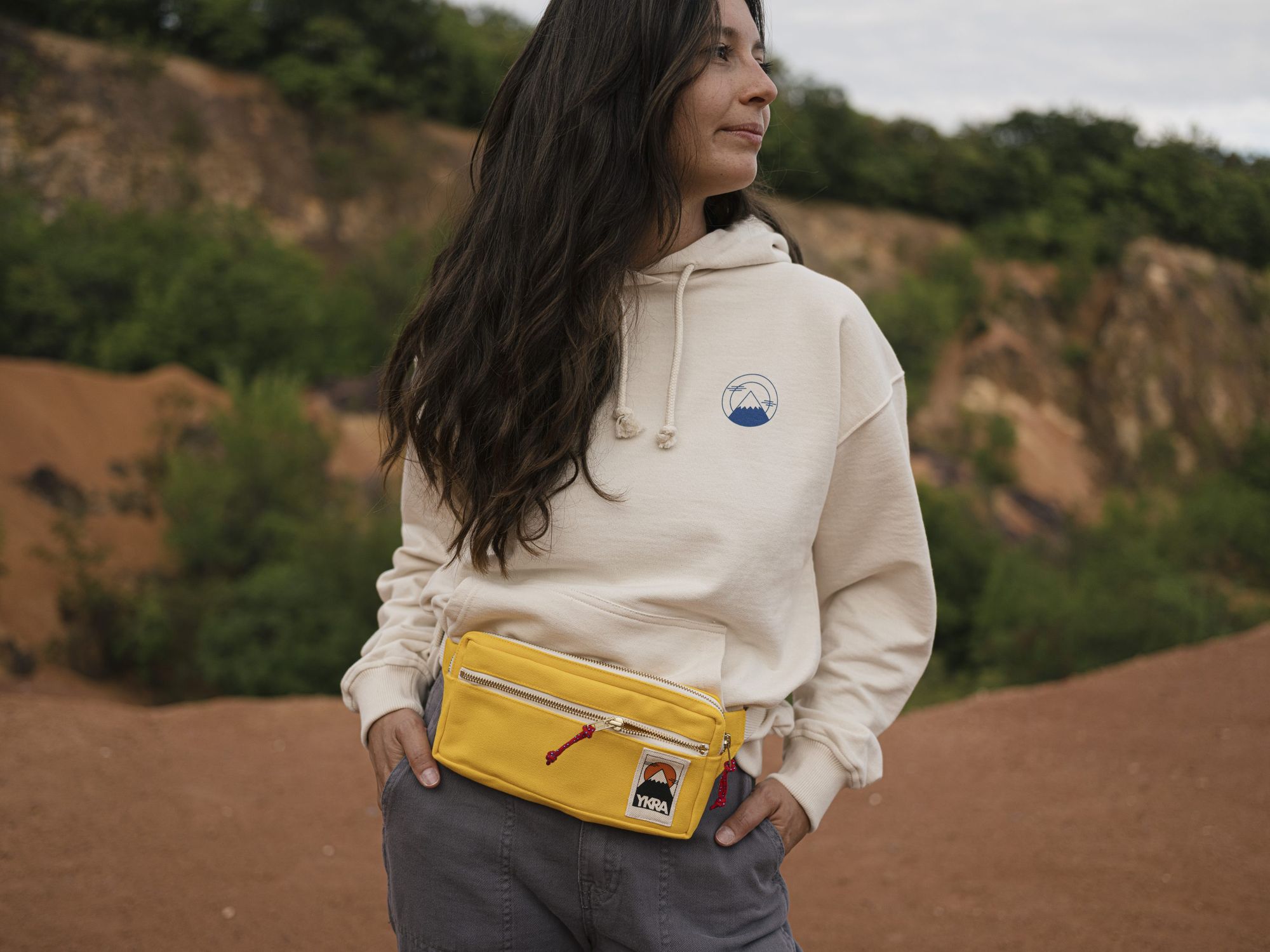
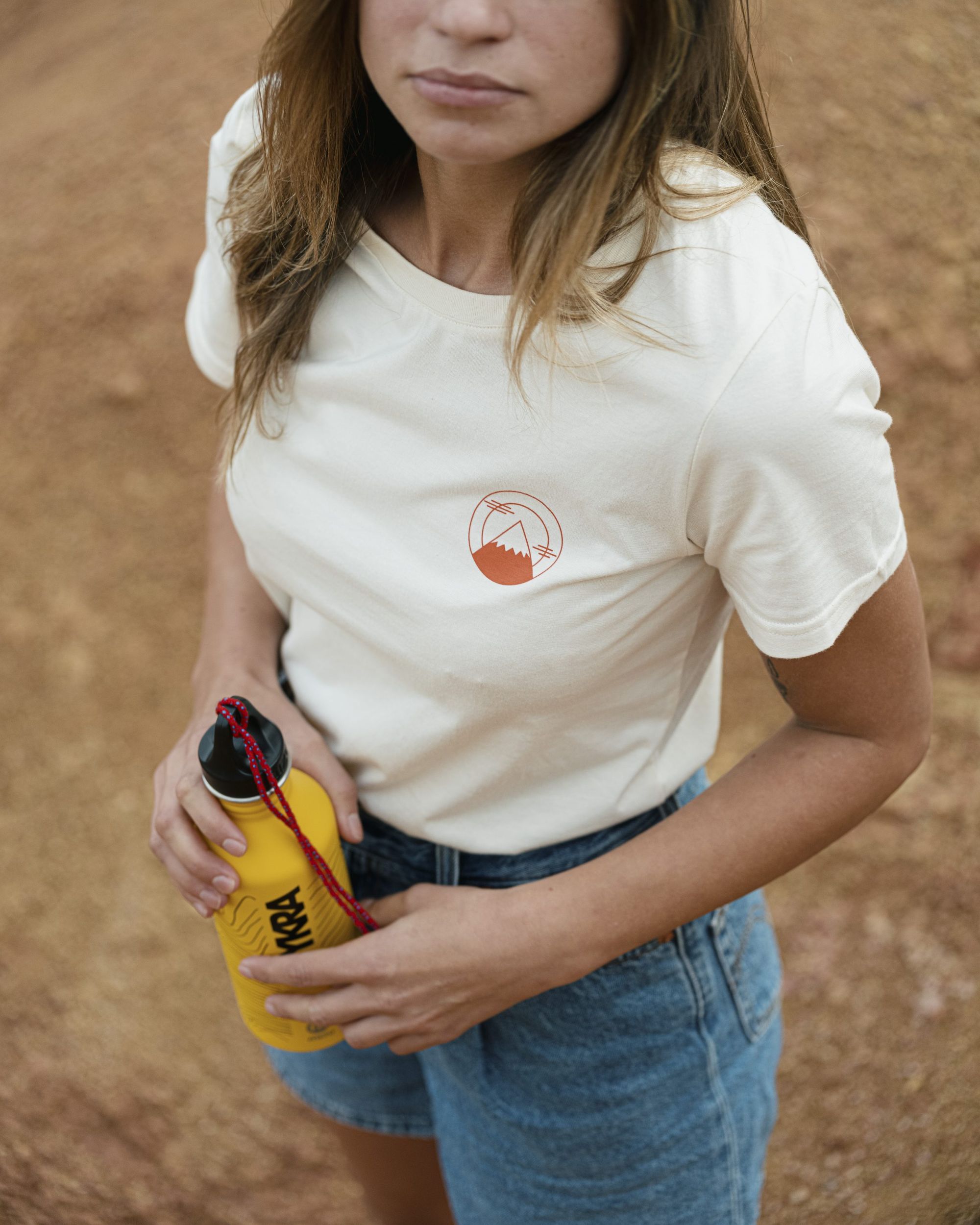
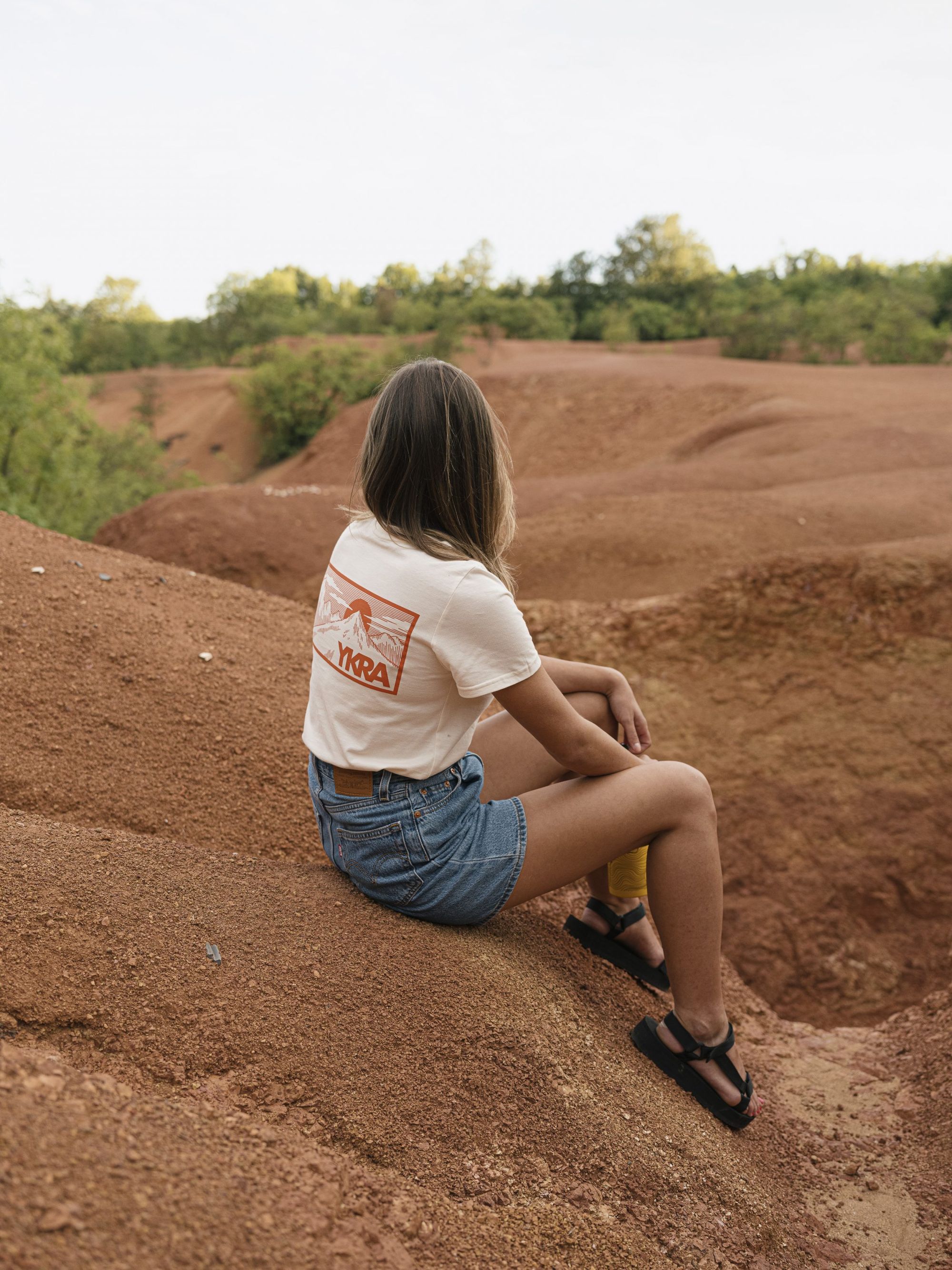
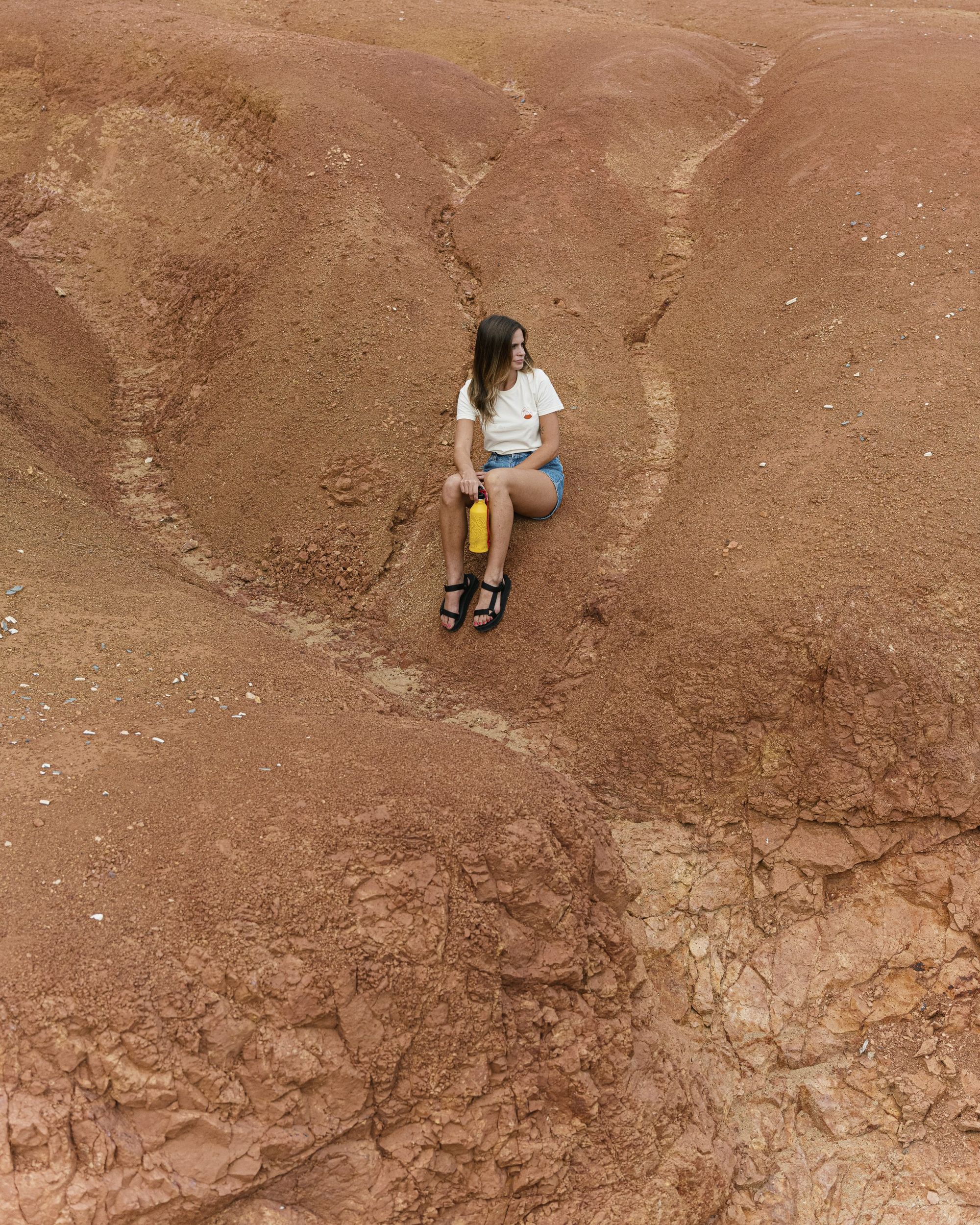
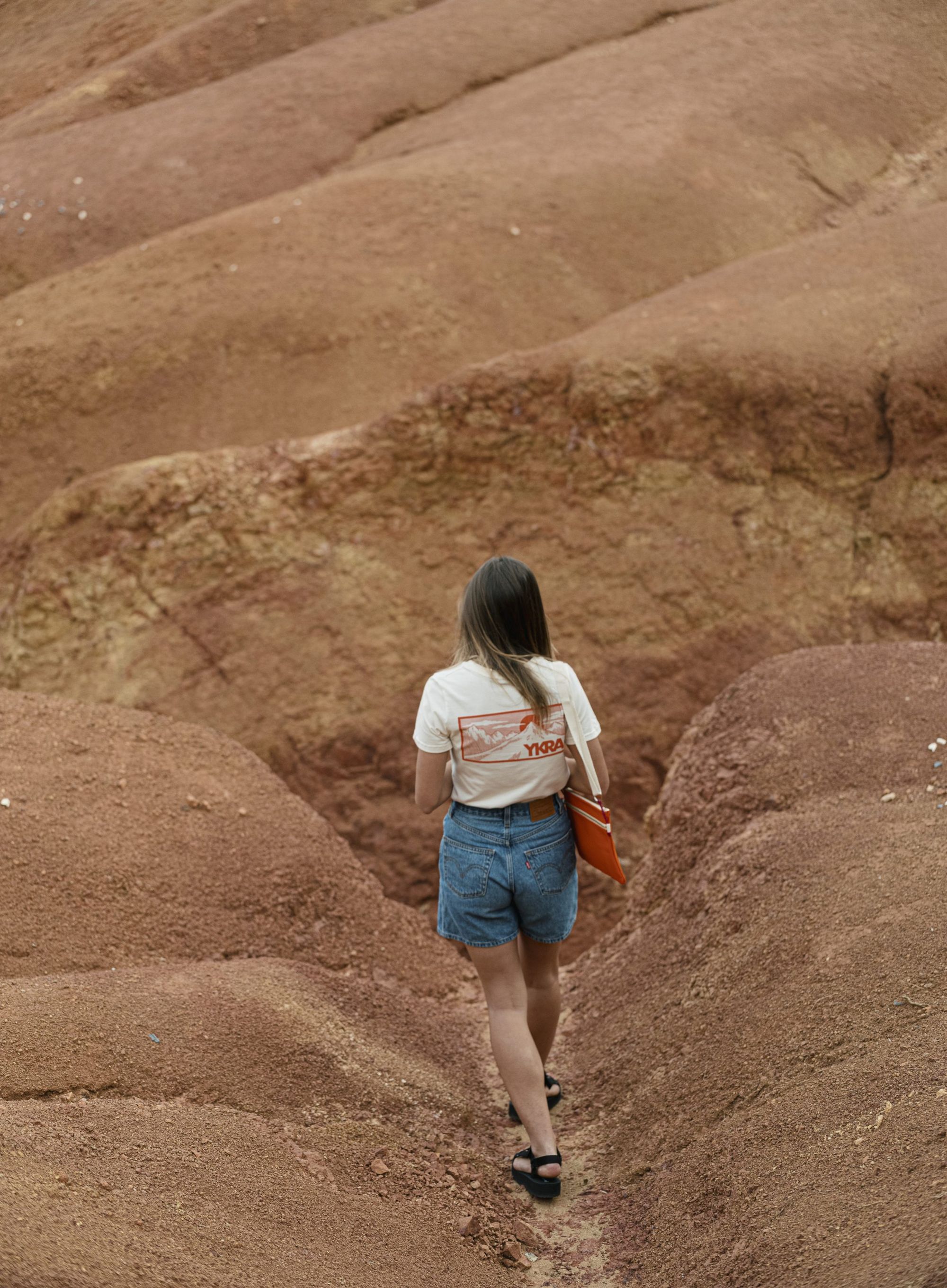
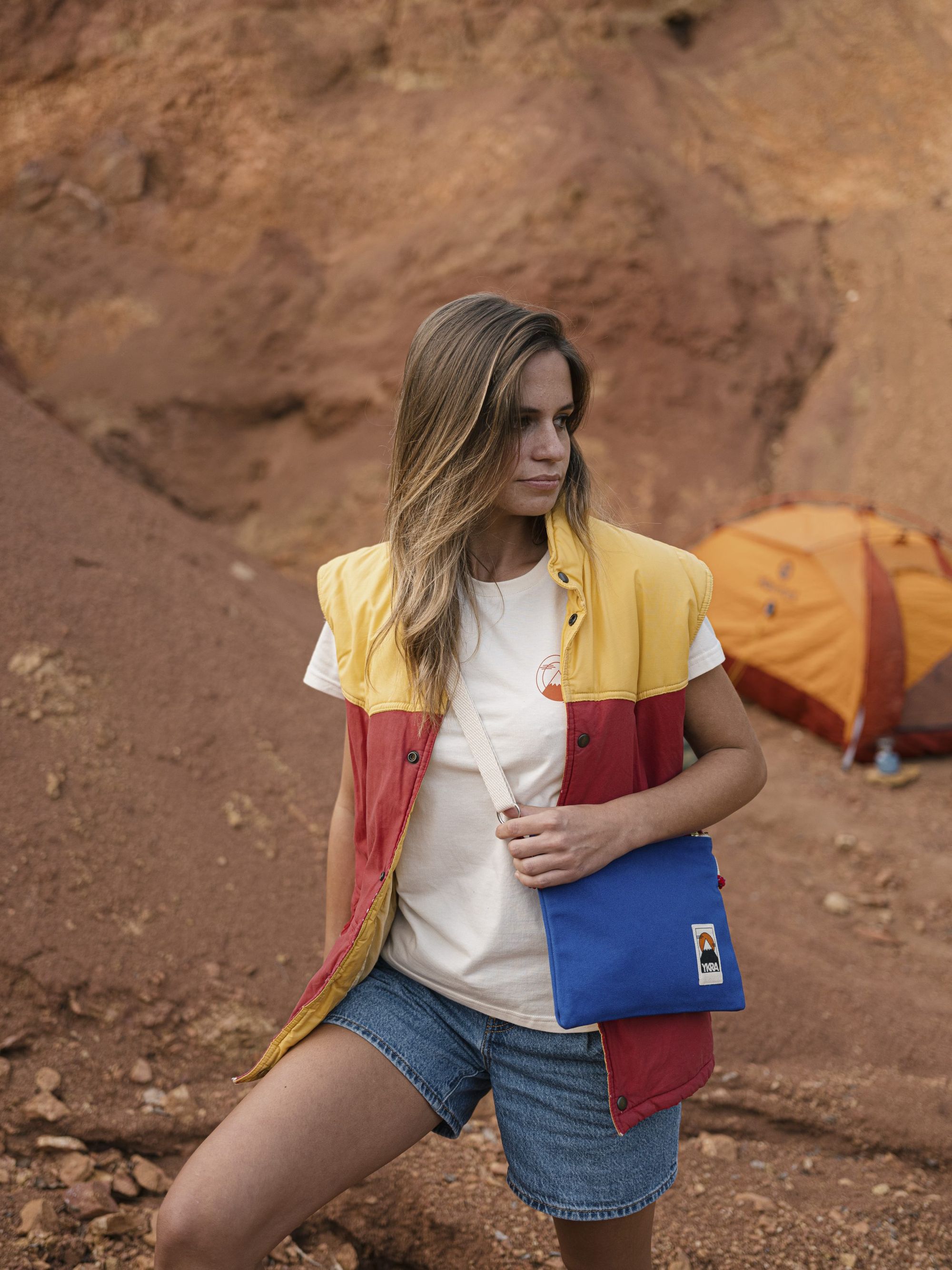
“It’s important for us that when someone wears our products, it usually communicates a very strong set of values to the outside world. We want to live up to those values as faithfully as possible, and we don’t plan to compromise on the manufacturing processes required to do so. Exclusivity is definitely an aspect that will become more and more important in the growth of YKRA,” Balázs elaborated on his vision of sustainable and quality production.
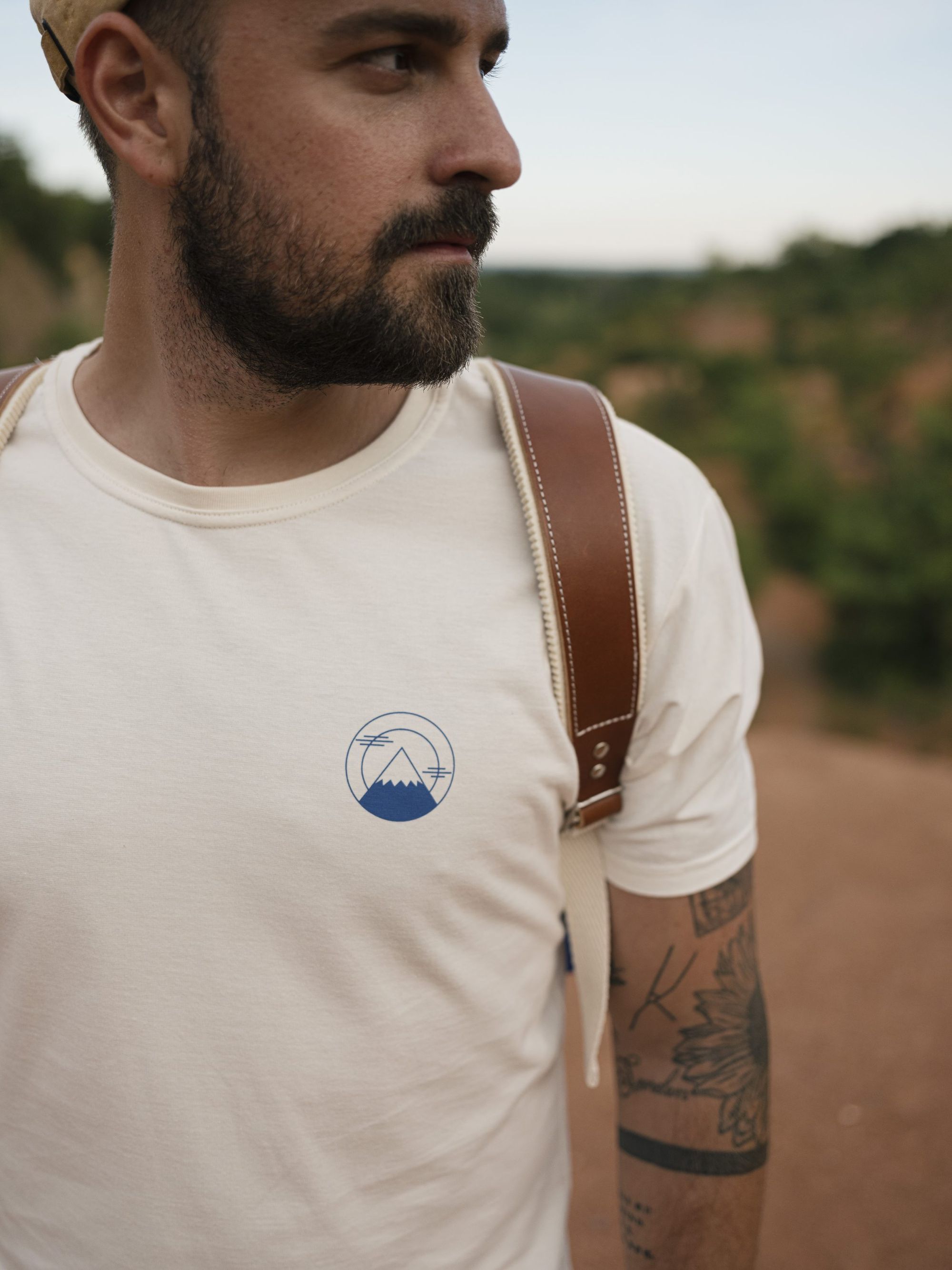
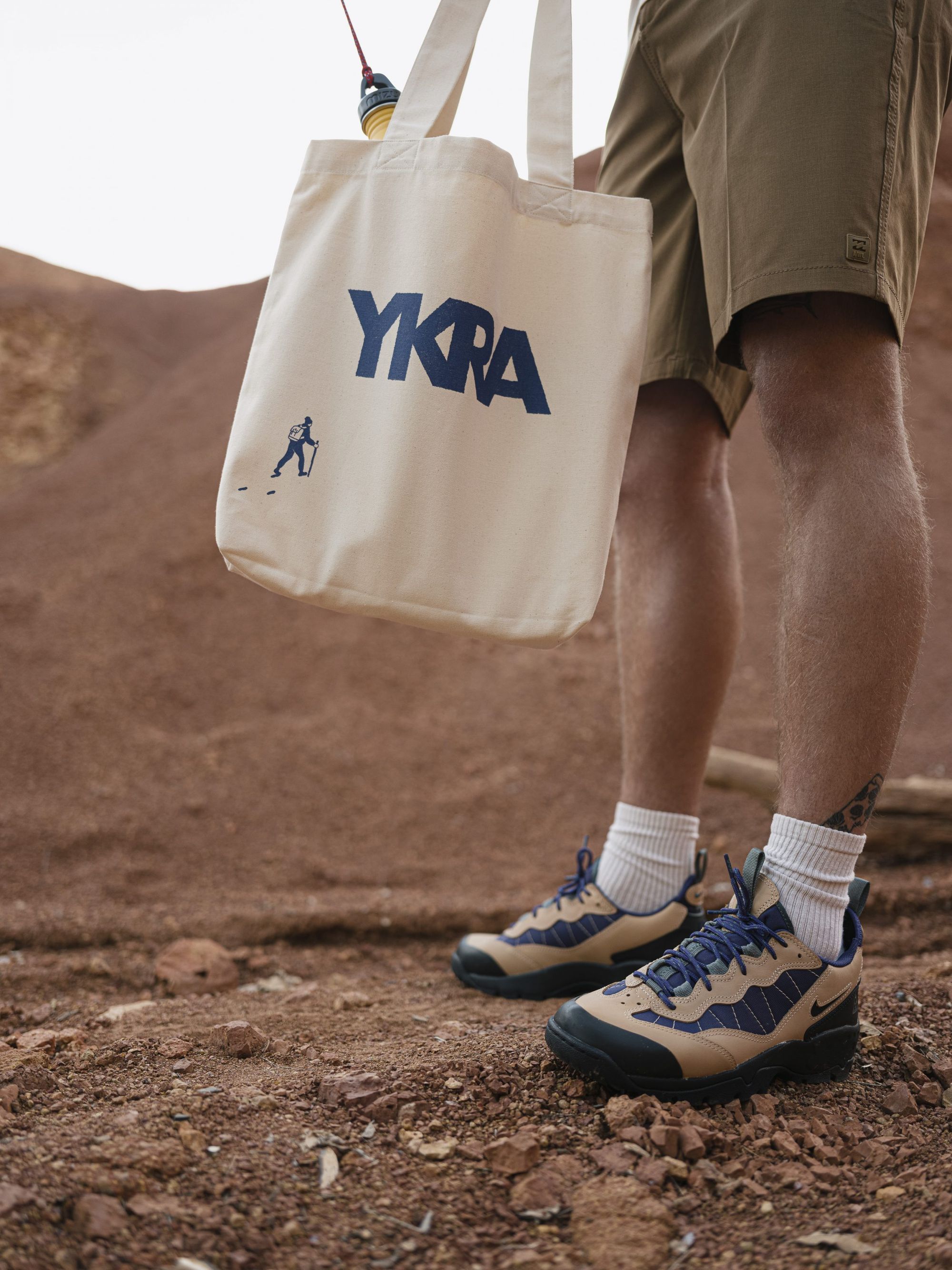
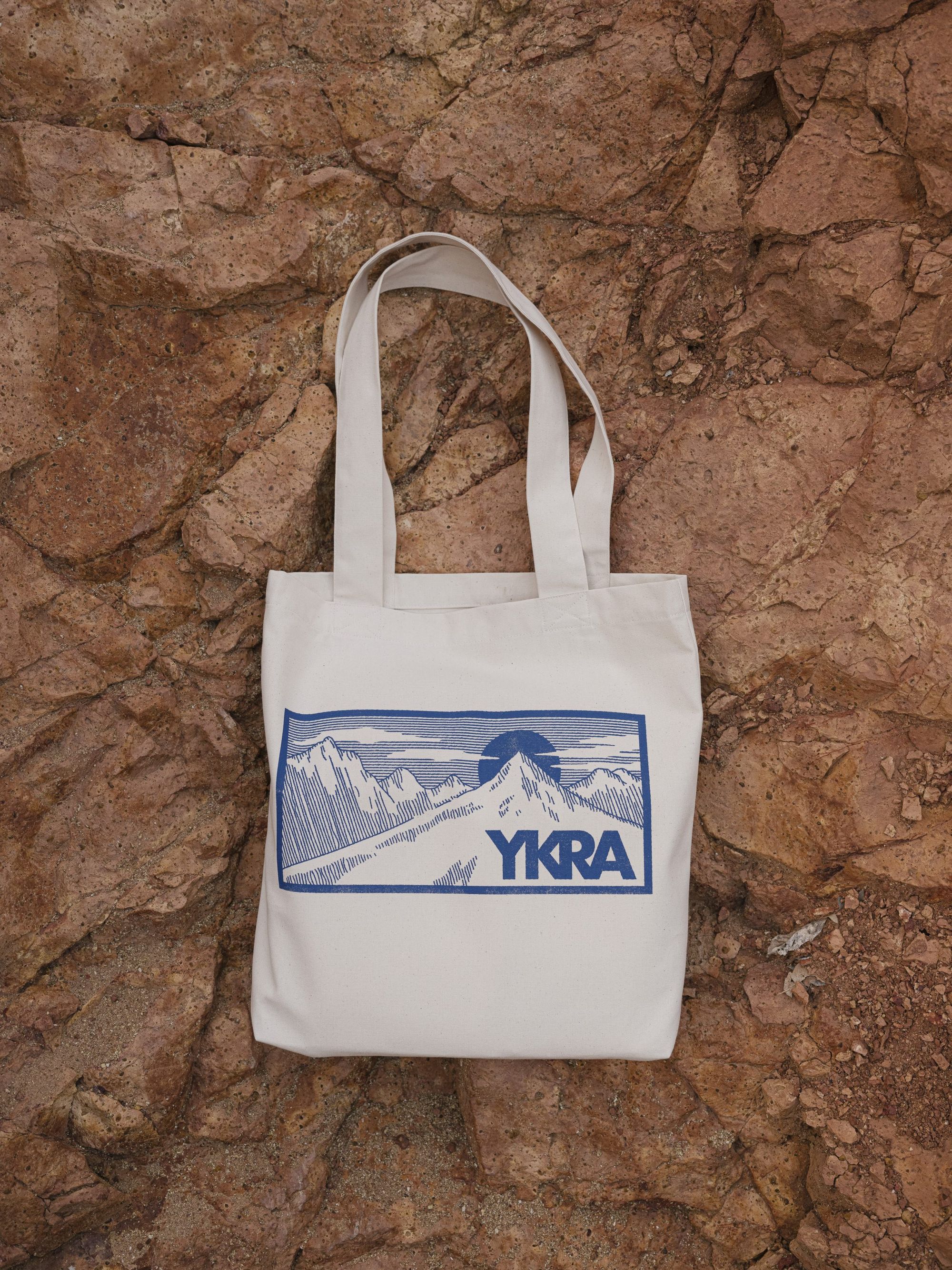
Similarly to bags, all YKRA Apparel pieces are locally made. Although sustainable fashion is in its prime, it’s rare to see a product woven, sawn, and screened in a European capital. Thanks to its professional network, YKRA has been able to minimize its ecological footprint and, without exception, create its collections in collaboration with local partners. Hence the visual appearance of the garments, with an emphasis on natural aesthetics. In terms of the use of materials, it is important to stress that providing authentic information for the customer is crucial to the brand, and Balázs also explained why cotton was chosen as a final solution: “It’s still the most natural material we can work with at an affordable price. We have chosen not to dye or bleach the material in order to reduce the environmental impact of production. Part of the reason for this is that just as we were discussing whether to buy organic material at double the price, an eye-opening article came out in the New York Times. It’s not consistent with the brand’s values to go through any kind of greenwashing, credibility is more important for us.”
However, it’s important that they are actually taking action to reduce the ecological footprint of cotton and manufacturing—hence the idea for the undyed finish. Developing a minimal impact manufacturing process is a long process, but in the future, they are not shying away from recycled or hybrid materials, as clothing plays a big part in the brand’s vision.
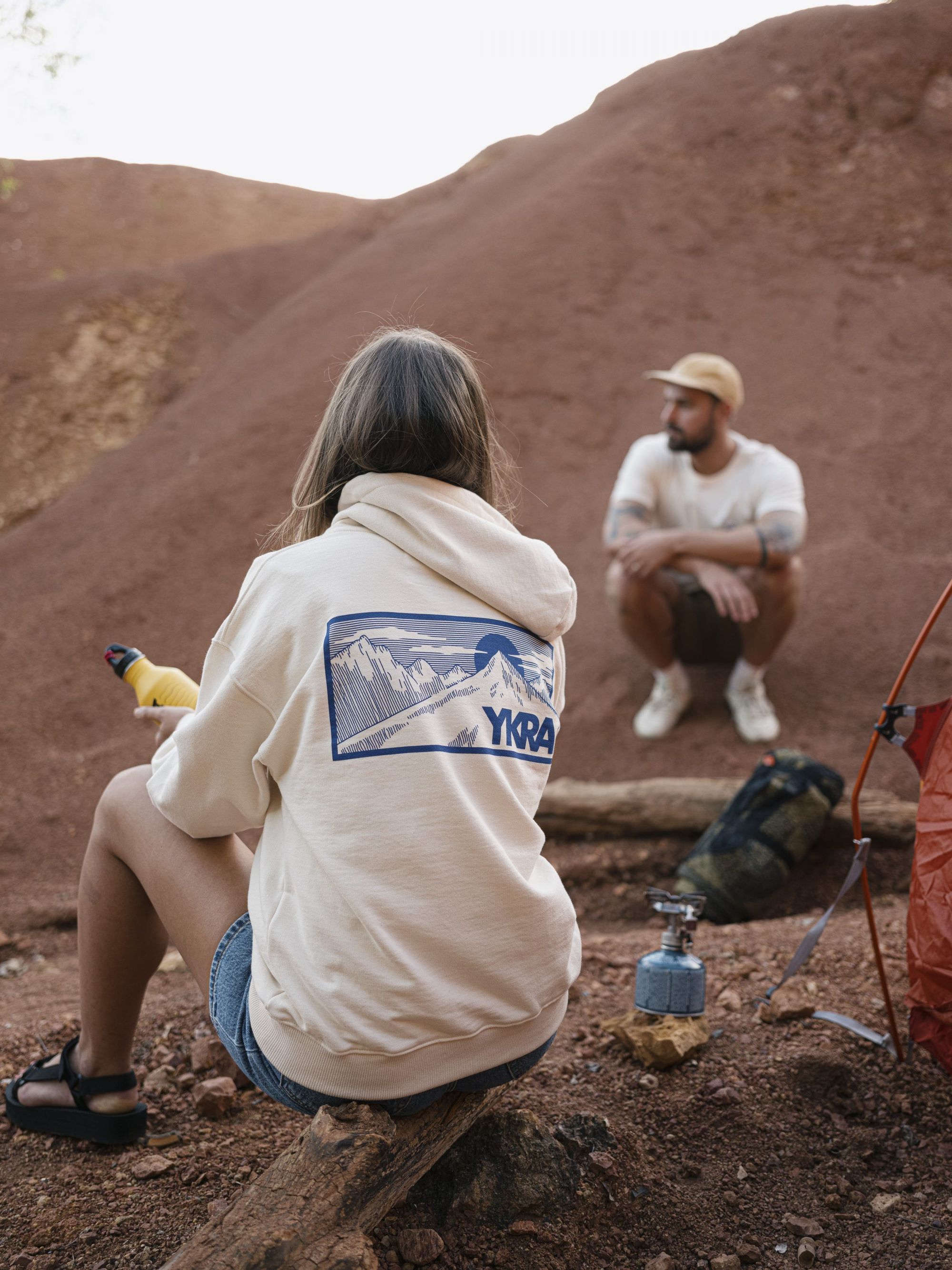
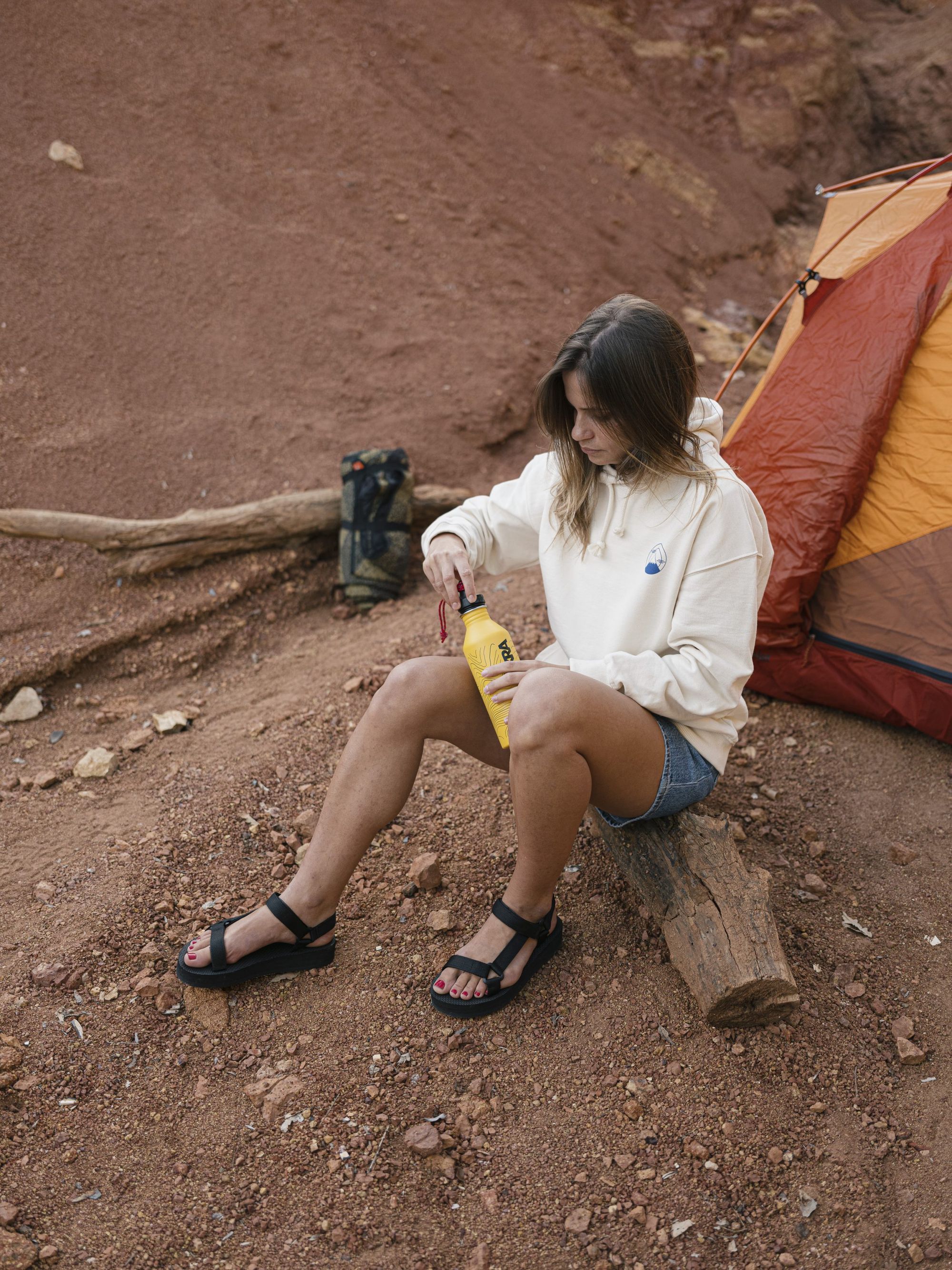
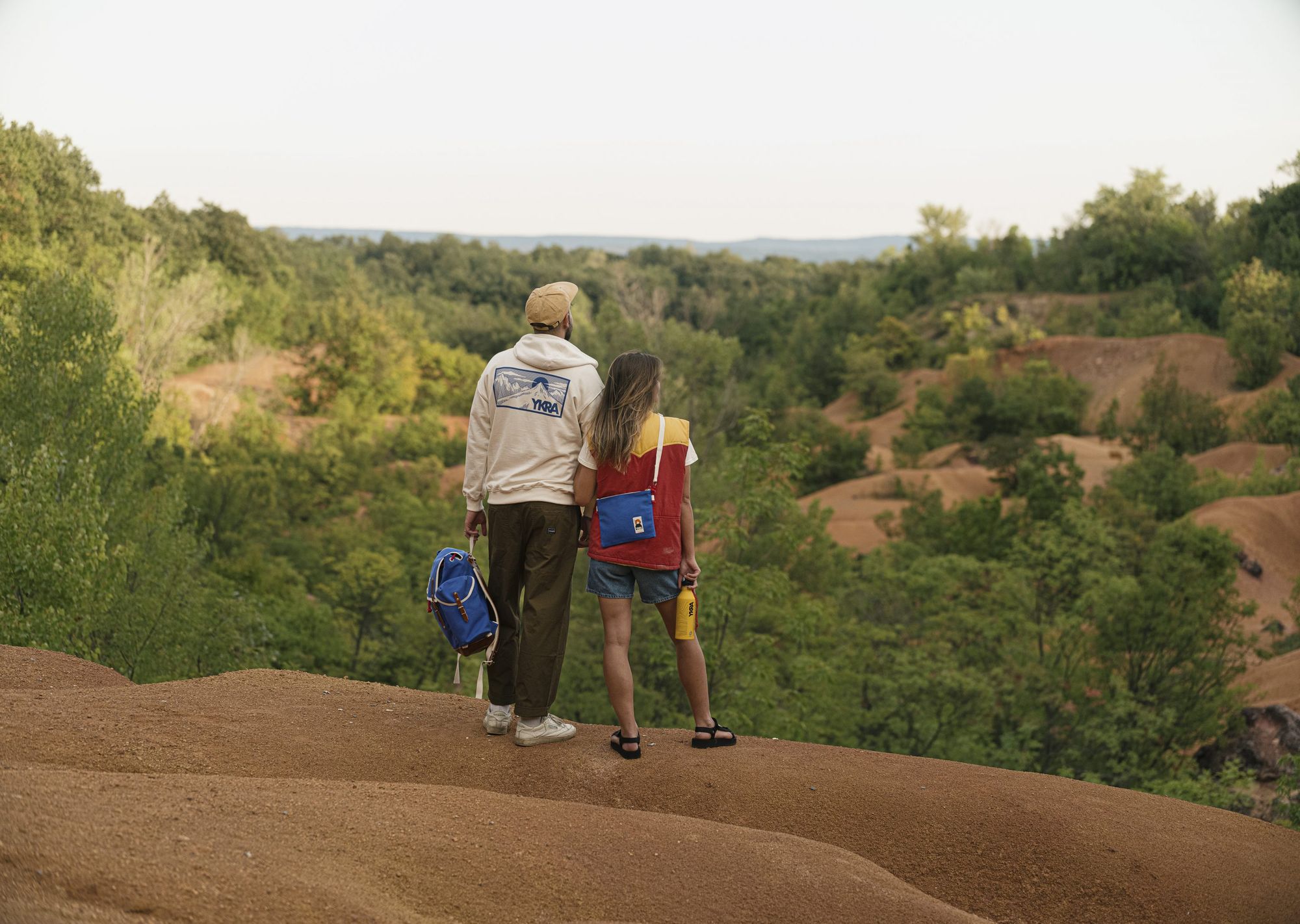
Photos: Botond Wertán
YKRA | Web | Facebook | Instagram
You can now read the interview with YKRA published in the print issue of Hype&Hyper 2022/1 online. Click to read the article:
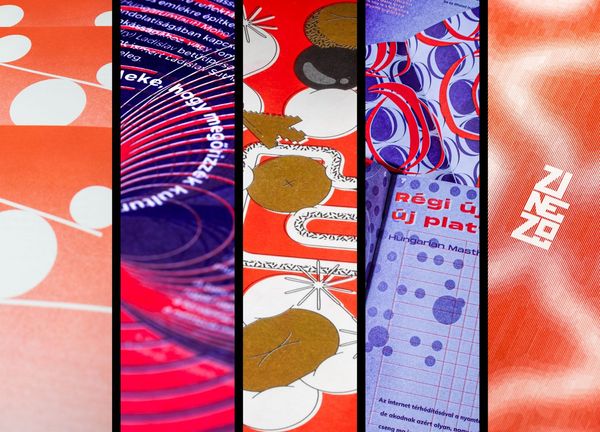
“We could enjoy our artistic freedom” | Hype&Hyper articles featured in risograph publications
